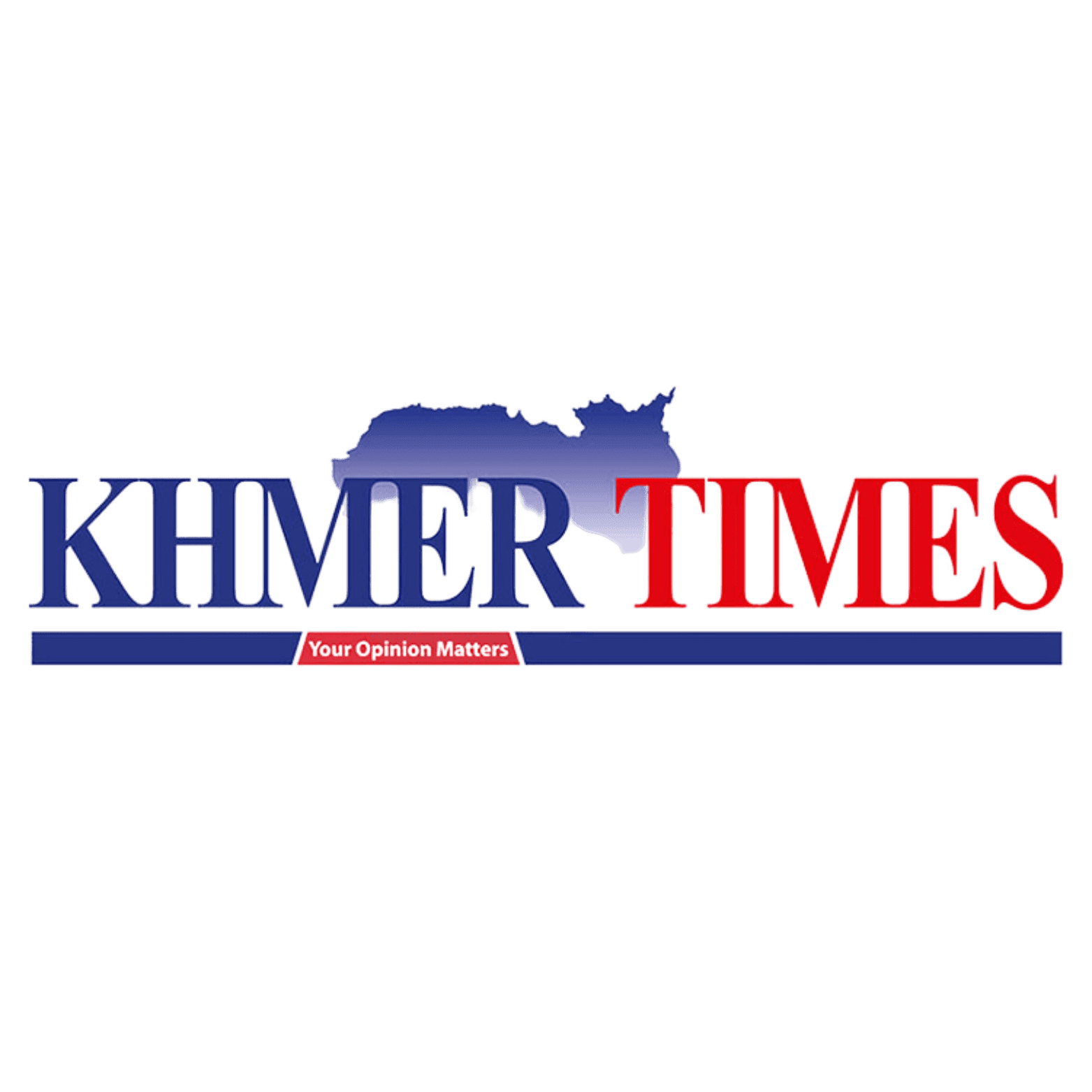In this article we sit down with Sam Bukit, Research Executive from Indochina Research (Cambodia), which specialise in integrated market and social research solutions, to discuss their latest report on the Cambodian market. Their report includes research on Monthly Household Income (MHI), basket size and Consumer Confidence in Cambodia.
For more information about market research, you can view the Indochina Research here, or find out more market information through our free business and investor resources.
What has been the trend in the consumer confidence in Cambodia?
“Based on Indochina Research’s Consumer Confidence Score tool (CCS), the score remained relatively stable over recent quarters and within the safety zone despite the continually declining MHI throughout Cambodia.”
How are purchasing patterns reflecting the priorities of Cambodians in 2023?
As Cambodians looked forward to the Khmer New Year celebrations and recovering business indicators in Q2 2023 (hence, the positive CCS Q2 2023 outlook score), consumers showed an increase in purchasing habits, especially amongst food and beverage products. Most notably, both packaged water and beer showed a spike in purchasing habits, which allowed them to achieve some of the highest growth in purchase incidence amongst all categories vs. Q4 2022.
Again, this reflects Khmers’ adaptation to high inflation – spending more on food and beverages, including beer due to the many celebrations in Q1 2023.
How are reduced MHI and basket size reflective of the global economic downturn effect on Cambodia?
The lower MHI and basket size reflect the effects of the weakening global economic situation. Over one-third mentioned that their income decreased versus the previous quarter, with the prominent reason being job cuts and salary reductions. Additionally, the fear of job cuts continues to loom over the garment, footwear, and travel (GFT) industry.
Despite the decline in average household basket size for Q1 2023 (due to the reduced MHI), several categories showed optimistic growth levels, especially amongst food and beverage products (packaged water, carbonated soft drinks, RTD juice, and beer). This is a positive indicator of Cambodians adjusting their household spending to focus on their needs rather than wants.
Has the strong recovery following COVID-19 negated inflation?
Since Q3 2021 (during the height of the pandemic) Cambodians’ self-rating on poverty has displayed significant improvement, and a notable proportion also stated that they have experienced a shift in wealth in recent years. This highlights the strong sense of optimism and effective economic recovery since the pandemic.
Inflation has created a dent in the financial situation of Khmers, but not to the same degree as the effects of COVID in 2021 and early 2022. In short, Khmers are still managing in terms of financial capacity post-COVID, even if the effects of inflation are still lingering.
How will all of these factors influence the Kingdom’s economic outlook in 2023?
Despite the recent worries of inflation still lingering throughout the nation, Cambodia is still forecast to achieve a healthy GDP growth in 2023. Additionally, Cambodians hold a positive outlook on their financial situations (based on the CCS outlook for Q2 2023) across all regions and segments, most likely due to the recent anticipation of the Khmer New Year celebrations and other recovering business factors.
Who are Indochina Research (Cambodia)?
Indochina Research (Cambodia) Ltd. (IRL) is the only research firm that specializes in integrated market and social research solutions in the Indochina region that includes Cambodia, Laos, Myanmar, and Vietnam. It has been offering a broad range of marketing and social research services to a diverse range of clients operating in all key consumer and business sectors.
Established in 1994 in Vietnam, Indochina Research has since developed into a regional agency with 14 offices across 4 countries: Cambodia, Laos, Myanmar and Vietnam.
- In Vietnam (since 1994): 4 offices in Hanoi, Ho Chi Minh City, Danang and Can Tho.
- In Cambodia (since 1995): 5 offices in Phnom Penh, Battambang, Kampong Cham, Banteay Meanchey and Siem Reap
- In Laos (since 1999): 4 offices in Vientiane, Luanprabang, Savannakhet and Chapasack
- In Myanmar (since 2016): 1 office in Yangon
With more than 25 years in the region, Indochina Research has completed over 3,500 projects, which represent about 4.5 million quantitative interviews and more than 3,500 focus groups and in-depth interviews. It mostly handle full research processes in-house, making it the only full-service, independent research agency in the Indochina region and have helped countless businesses and social organizations grasp a better understanding of the region and its population in order to meet their research and business needs.
The company’s client-centered approach is the key feature driving its work and commitment to delivering the right outcomes to its clients’ specific requirements. It understands that information is nothing without the specific local insights that lead to practical actions and solutions for clients to implement.
Indochina Research’s management structure is designed to facilitate communication and cooperation between its employees and clients so that knowledge and perspectives are shared effectively and consistently across teams. In the quickly evolving commercial and social landscape of the Indochina region, it helps clients measure changes and get high quality and timely information for strategic decision-making.
Where can I get specialized integrated research solutions for the Cambodian market?
You can get into contact with Indochina Research here for expert in-market research services. It has different contact numbers for their various regional offices. You can also find Indochina Research’s contacts in our business directory section on our website, here.






